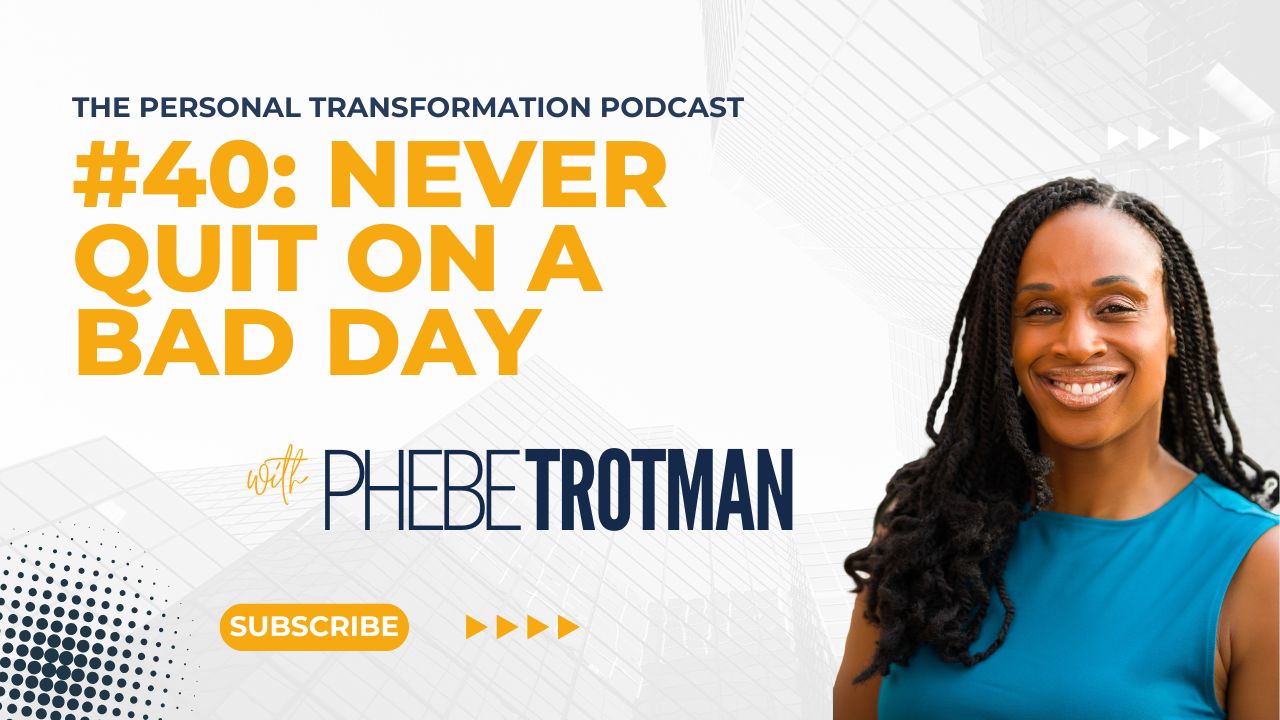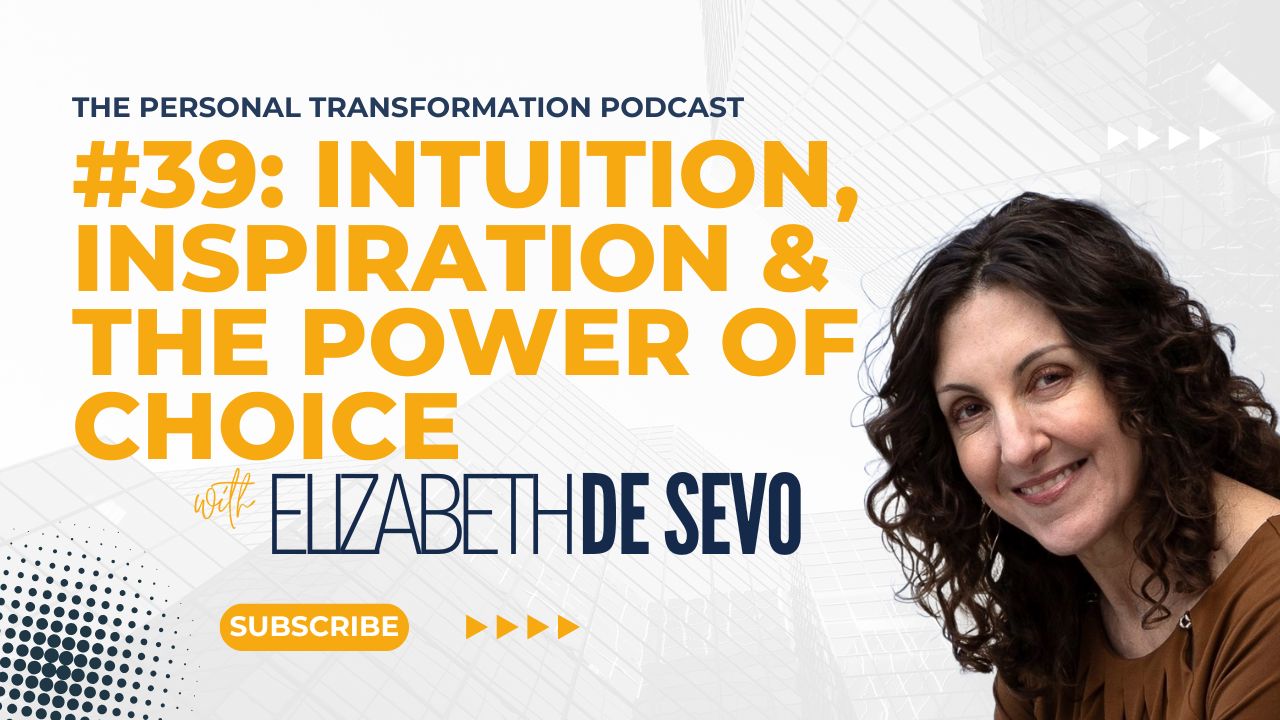Commitment is something required to reach your goals, but what does it mean to be committed to something?
If I look back on my life, I can clearly see I didn’t understand the concept of commitment. I didn’t stick at things, I allowed myself to be distracted, or generally heart wasn’t fully into the things I was working on. Ironically, I committed in some areas where I probably shouldn’t have where I should have quit sooner.
If I’m going to be more successful with my future goals, I need understand fully what it takes to be committed, and embrace the concept of commitment to my goals and dreams.
Etymology of Commitment
I find it helps to look at the origin of words if you really want to understand them.
The word “commit” means to give in charge, or entrust. Commitment comes from the Latin “committere” which has two parts; “com” meaning with or together, and “mittere” meaning to release, let go, send, throw.
If we look at these two elements, two thoughts arise:
1. To give in charge, entrust. Commitment means handing over the control to something else, taking yourself out of the equation. You will still need to do the work, but there is setting else guiding the outcome.
2. Release, let go, send, throw. Think of throwing a rock off a cliff. Once you let go, you can’t get it back. There is only one way that rock is going now. Once you truly commit, there is no going back.
Part 1 – Who are we committing to?
Think of a train running on tracks. Commitment moves you from being the driver to being the engine. Instead of pressing the buttons, controlling the signals and switching the tracks (please just go with the metaphor and don’t pay attention to my clear lack on knowledge on train driving!), your job is just to move things forward. You do the work, build the momentum, power all the endeavours, and trust that there is someone or something up there guiding the way.
So if you are the engine, who is driving? Rather than making this a spiritual or existential conversation, let us think practically about this.
Let’s go back to the train metaphor (I know, but bare with me). The driver’s choices are limited by the track they are running on. So the question becomes, who laid the track?
The track is your purpose, goals, ultimate direction in life. This represents you’re life’s plan, and the junctions are different options and choices that arise if you are able to get there. Without a plan, there are no rails. Without focused action, there is chaos, lack of organisation or order.
To be committed means to have a plan for your journey. This starts with a goal which you then develop into a roadmap for success. Like the train, the choices are not stop or go at the junctions, they are deviations that allow you to keep momentum, like a slight change of focus in your business or how you respond to a global pandemic. These things don’t stop you, but you do need to adjust your course to keep up the momentum.
If you don’t have goals or a plan, you cannot be committed.

Part 2. Release, let go, send, throw.
Having played quarterback for over 20 years, I feel I am pretty well qualified to talk about throwing.
Once you take the snap and drop back, you have to choose the best throw to make. You have to weigh up the risk-reward of the deep throw, assess the defensive coverage and also know where your best recievers are on the field who will give you the best chance of a completion. Then you need to throw the ball.
After you make your throw, that is it, all you can do is watch. You can’t get the ball back to throw it again, you just have to wait as the rest of the play unfolds. The defensive players react, the elements take their effect on the flight of the ball, and you stand there hoping your player will come down with the ball as you envisaged it all happening.
Commitment is a combination of the throw, combined with all the coaching and practice that preceded that moment. The classroom sessions where you draw up the play and potential coverages gives you confidence in the moment of which throws to make. You identify which plays to run in which context that will give you the best chance of success. Then you need to trust the process on gameday.
Problems arise when you don’t commit and hold onto the ball for even a moment too long. This is the world of sacks, interceptions and broken plays… not somewhere most quarterbacks want to be.
Throw the ball. Commit. Then go again on the next play.
How have I looked at commitment in the past?
It seems my experiences with commitment are not unique, and many people have had the same challenges. I’m hoping that by writing this list in the first person, you recognise your own challenges and are able to connect the dots to find the way forward.
I haven’t defined the goal
Although I now teach goal setting, my previous goal setting efforts were not effective. I set major goals in too many areas and never focused my efforts enough to build momentum and critical mass. I now limit the areas I can focus on, and have two major goals I am working on (that coincidentally overlap so are really only one). Have a major definite purpose from which you do not waver.
I have got frustrated by lack of progress
Although you get some quick wins in every endeavour, you will plateau. If you look outside at others, it is easy to get demotivated and reduce your effort levels. Instead, this is the exact time to persist, if you believe your goal is worth the effort. Focus on you versus yesterday and continue to put in the effort. Remember, you are the engine, the track is already laid.
I have looked for reasons to quit
Confirmation bias is looking for things that support your beliefs rather than seeking the countless ideas that are contradictory. I always thought of the reasons things wouldn’t work, then looked for examples of where that had been true. Instead of thinking that 9 out of 10 businesses fail or 64% of relationships end in a break up, commit yourself to being in the 10% that succeed or the 36% that go the distance.

I have started on a different path
I remember hearing a motivational speaker years ago saying that half of success is just staying in line long enough to reach the front. Ignoring this wisdom, I decided to try multiple different routes, long before reaching the diamonds. Surprisingly, there are no shortage of options when you look for them. Commitment is about knowing when to say no to something that looks enticing.
I quit when it got tough
Success is extraordinary, meaning it is outside of the realms of ordinary efforts. Tough is the badge of honour that all successful people earn on the journey. Instead of seeing it as you aren’t good enough, see it as part of your growth, and a barrier that only lets a certain quality of people progress. Development of mental toughness is a positive side effect of being truly committed.

I quit when I failed
When you fail in the gym, you have 45-60 seconds rest then go again. In the real world, we too often equate failure with being inadequate. Rather than going again, we hide from the feedback that we need to be better. If you did your best in that moment (and the preparation beforehand) then you should be proud regardless. Yes, the first draft of anything is shit (thanks Hemingway?) so take 45-60 seconds then start working in your second draft.
I let myself off the hook
It is funny how when we think about our goals we tell ourselves how we are useless but when we think about our failures, we try and cheer ourselves up. We say things like “better luck next time” or “at least you tried” when in reality we didn’t do very well. Commitment is about owning the results, positive and constructive, and looking unashamedly into the mirror of honesty when things don’t go well.
Didn’t have people to hold me accountable
Self talk can be tough to control sometimes, but others always see your problems clearly. Instead of surrounding yourself with people who will just smile and say “yes”, you need people in your life who will be real and call you on your excuses when required. Will power and commitment can fade at times, so have people near you to keep you on track.

I kept other doors open
Commitment is about saying “hell yes” to a few things, and “no thank you” to everything that distracts from your core purpose. No need to burn bridges, but eliminate the possibility of distraction by removing optionality. Julius Caesar said “if you want to take the island, burn the boats”. By removing options, you make commitment to your goals the only option.
They say good judgment is a result of experience, experience is a result of failure, and failure is a result of bad judgement. If that is the case, then that would explain my better judgement around commitment now.
Commitment is the choice I make when I say no to things I used to say yes to. Commitment is my ability to recognise when I am being pulled from my purpose and correct my behaviour. Commitment is putting my emotions to the side and doing the right thing regardless.
Are there times to quit? Yes, of course, and the best book I have read on this topic is The Dip by Seth Godin which talks about whether what is on the other side of commitment is worth it. However, in the main, commitment will serve you better in the long run.
So remember, to commit means to “entrust” your life to your plan, so you need to have a clearly defined approach for life. Then your job is to release and throw your actions, committing to the result and then going again as quickly as possible. Lay the tracks, become the engine, commit to the path.




Leave A Comment